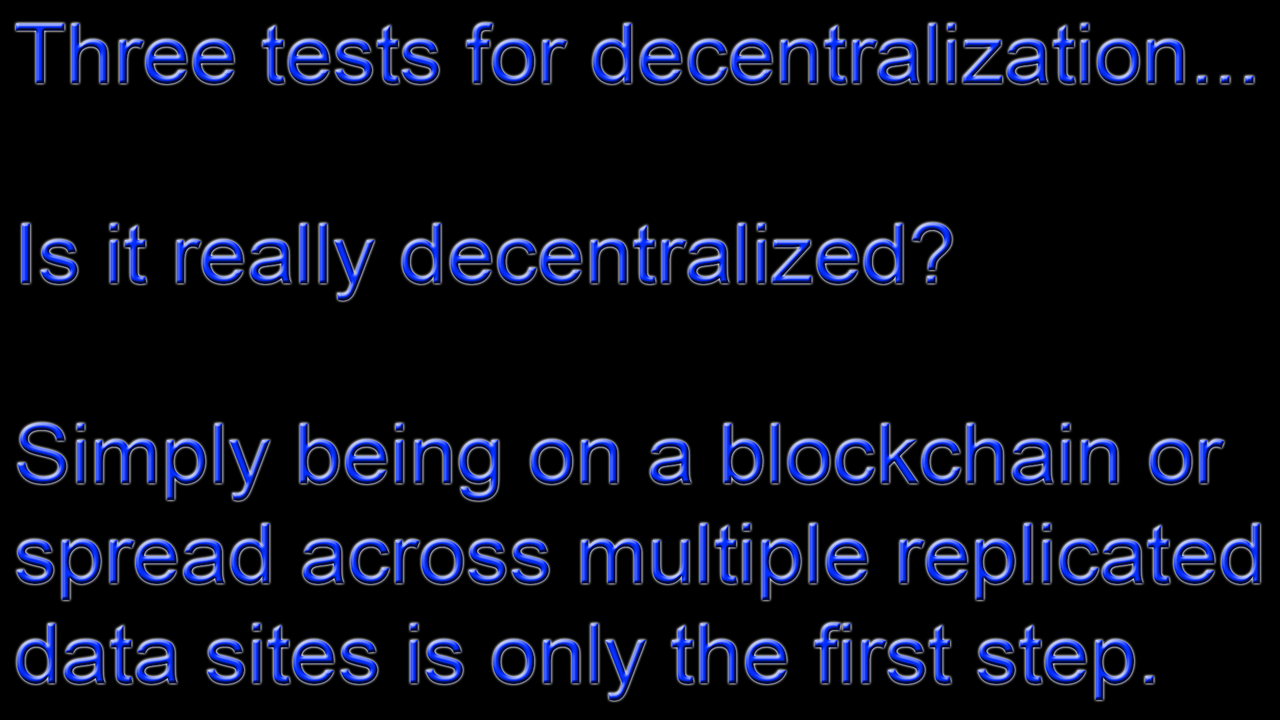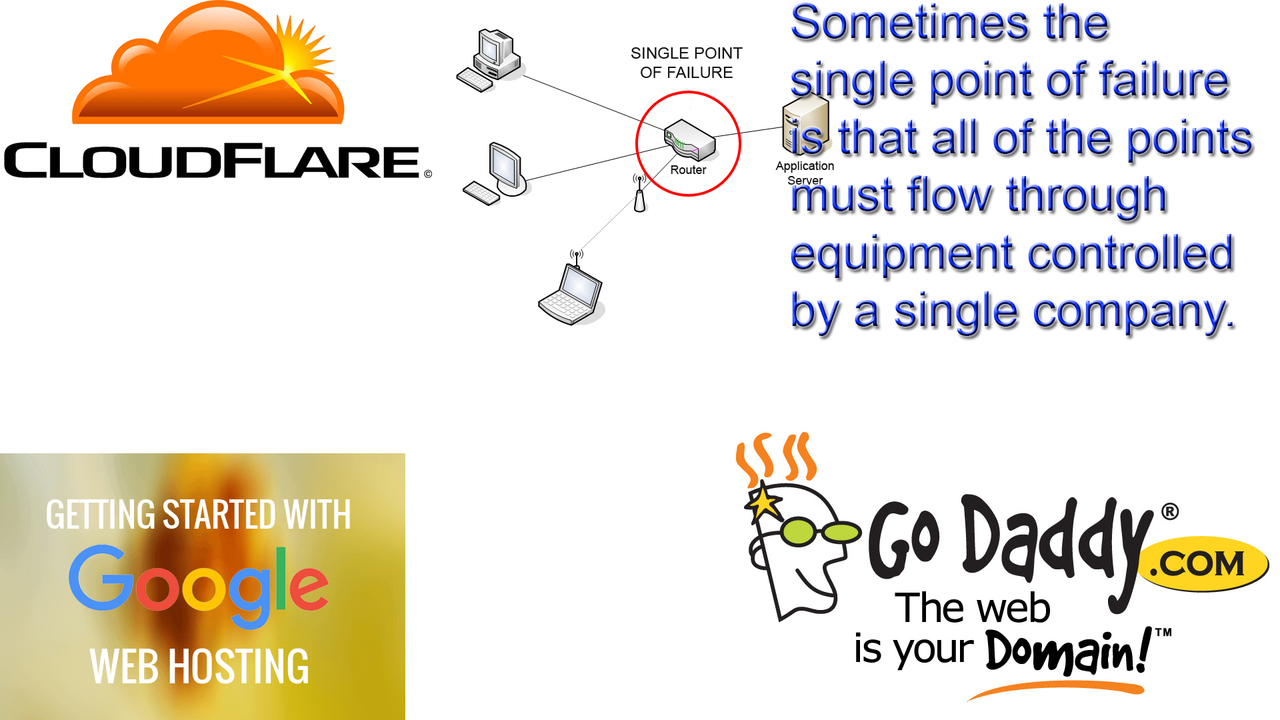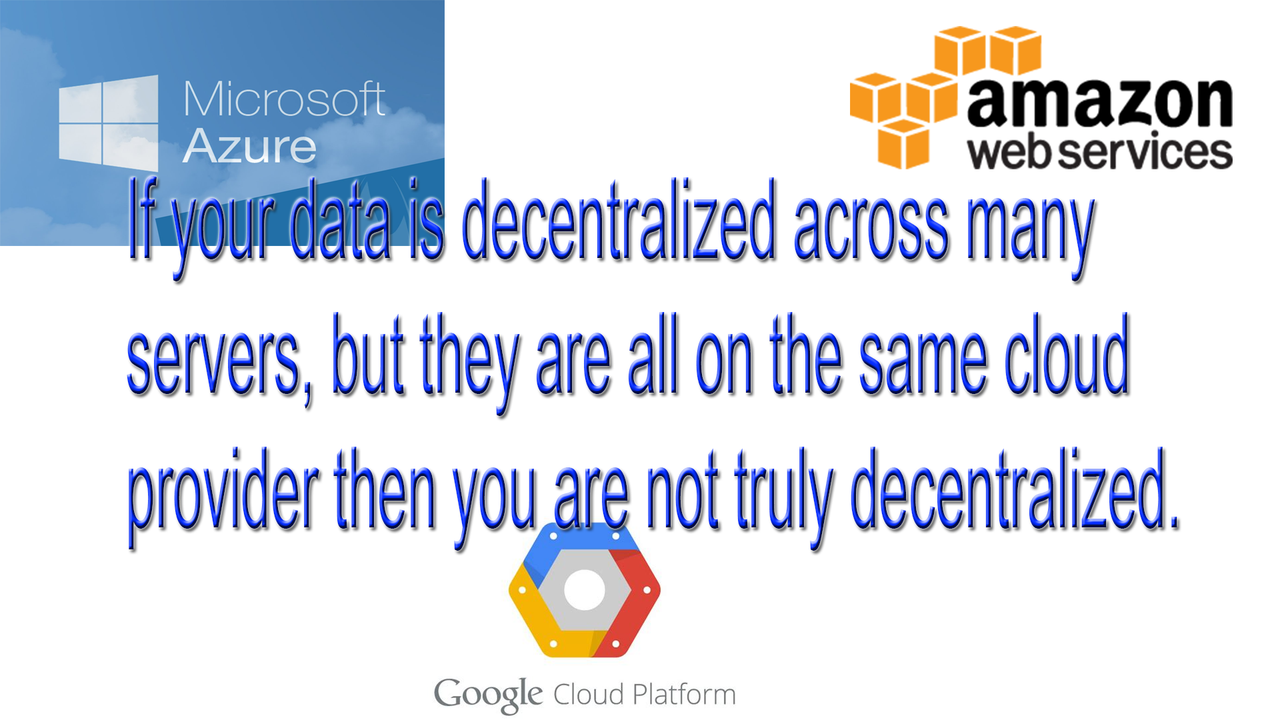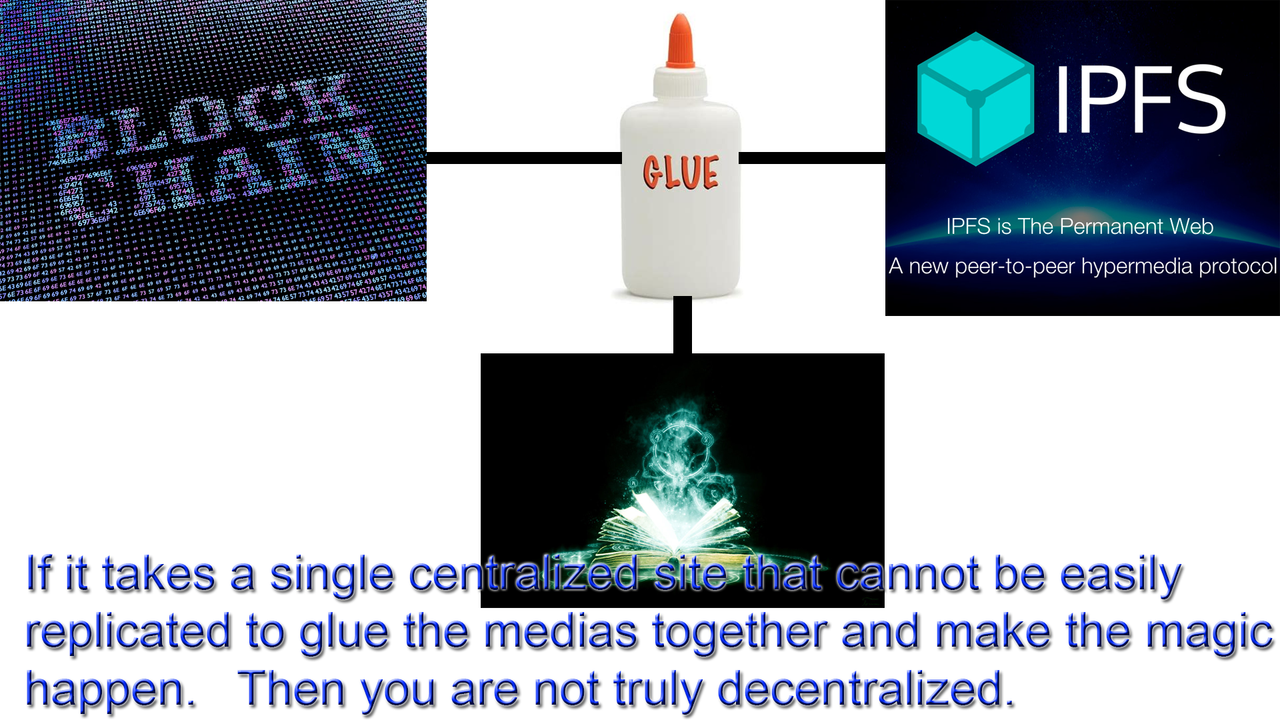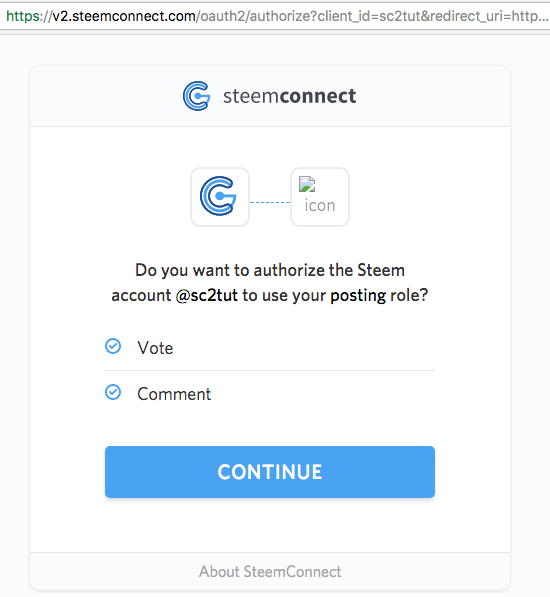Speaking about decentralization is a very important thing to most people here on Steemit, Busy, eSteem, Dtube, Dlive, etc. It is also vastly important to anyone interested in cryptocurrencies. It is the decentralization concept that spreads the data around to multiple locations. The concept is simple. If there is a single building, single company, etc that can be targeted then data, currency, etc could be taken down due to that entity becoming corrupt, or controlled/destroyed by other corrupt corporations of government (State) entities.
For those that TRULY believe in freedom of speech, freedom of press, etc there is always that looming threat that some corrupt entity will gain more power than it should have and attack that freedom. We've seen this time and time throughout history with banning books, burning books, Library of Alexandria, destruction and/or confiscations of digital archives (digital book burning), etc. This happens when those entities suspect that the common people will be receptive to some information they don't want the people to be receptive to. They don't trust people to think for themselves, in fact they don't want that. They want you to think the way they want you to think. Follow their commands, do as they say. If they cannot counter the words of others with reason, logic, or some other thing that with the test of time rings TRUE then frequently they will assume power somehow and simply silence the ability for those words to be spoken. Often they will go further and erase them from history.
It always comes back to a simple concept for me: "Good ideas do not require force."
I've been looking at all of these entities springing up saying they are decentralized. It is typically because their data is on the blockchain. I believe it is likely many of these are actually still centralized.
Thus, I had the idea to write an idea for a test for decentralization.
#1 - Are all the decentralized locations controlled by the same group, entity? If such this fails the concept of decentralization that people are seeking. All that need be done is to defeat this decentralization is to assume control of or destroy that group or entity. True decentralization should not be tied to a single entity.
#2 - Are all of your decentralized locations hosted on the same third party cloud services, or in data centers owned by the same corporation? If they are then it is not truly decentralized as that hosting and data center company could be convinced to terminate service and would destroy the concept of decentralization immediately. To solve this a truly decentralized system should span locations that have nothing to do with each other and have full replications of the data.
#3 - So you have your data decentralized across a blockchain and it passes the above two tests. How do you access that data? Do you access it through a single website? Is that website controlled by a single entity? Is it possible for other websites to access and control the same data? If you are on a single website and there is no easy way for other people to develop tools to access all the data outside of that website and still present it then it is not truly decentralized. The data may be decentralized, but it is in fact centralized via the fact the website is a single point of failure. One technique that can work is making it open source, but if it is open source then that open source code must be able to tap into the same decentralized data that already exists.
Now Steem has some good examples of this.
Steemit.com displays and allows you to publish blog posts. All of the data is stored on the blockchain and there are APIs which Steemit itself uses to interface and access that data. This enables things like Busy.org, eSteem, DTube.video, Dlive.io to post to and read the same data.
If steemit is taken down. The posts are still there. They can be viewed somewhere else. If those places are taken down the code is open source so you can spin up your own and access the same data. It cannot be deleted.
Dtube, Dlive, and other services are increasingly using IPFS for the larger data like videos. They use the steem blockchain to tie it all together and for the blog portion, but the larger files are stored on the Interplanetary File System. This is decentralized.
Here are some concerns though.
The Dtube, Dlive, etc websites are coded to read the steem blockchain AND IPFS. They have specific methods for how they interface with these things. Though the data is decentralized if dtube.video was taken down how feasible would it be for people to build something to access older videos? I am suspecting there may be some centralization issues there. Thus, if dtube.video as a company/entity were silenced it could effectively silence those videos. So while the background tech may use decentralized aspects it very well could be centralized within the website itself.
This is also the case with dlive, and potentially other services.
If ALL of the data for a service is stored on the steem blockchain then something can be built to retrieve it. However, when part of it is on steem, and part of it is on IPFS then it is possible the website that acts as the glue for those two things is a centralized vulnerability.
I don't know what steps these places may have done to mitigate such a vulnerability or if they HAVE. It is a concern and this type of thinking is something to consider when you hear anyone talking about blockchain, and decentralization. If there are still single points of failure then it has flaws and vulnerabilities that poke holes in the purpose of the decentralization and we need to try to fix those.
Another thing I have concerns about. Steemconnect. Is that decentralized so it can't be taken down and there would still be a way to access that service? If not then all sites could be impacted simply by taking down steemconnect.
Just some food for thought. I hope these are non-issues, but I don't actually know if that is the case or not. This applies to all other sites too... not just ones based upon the steem blockchain.
